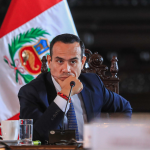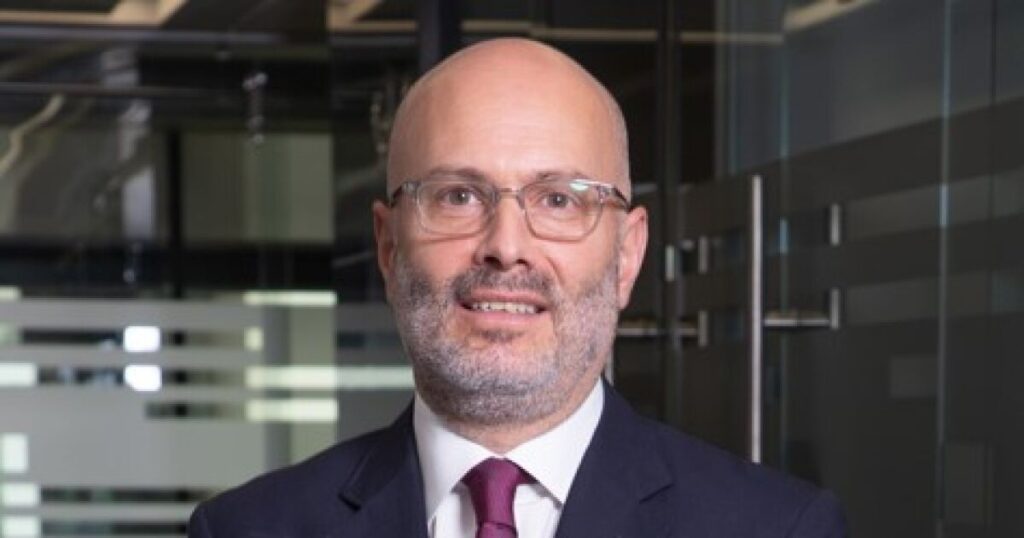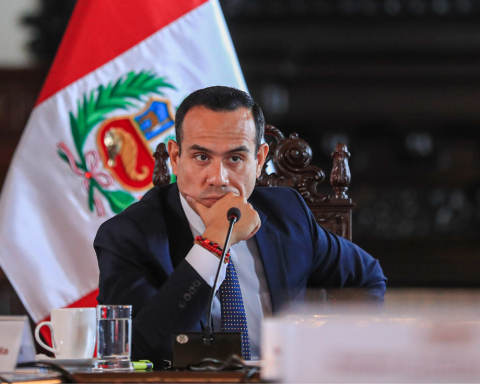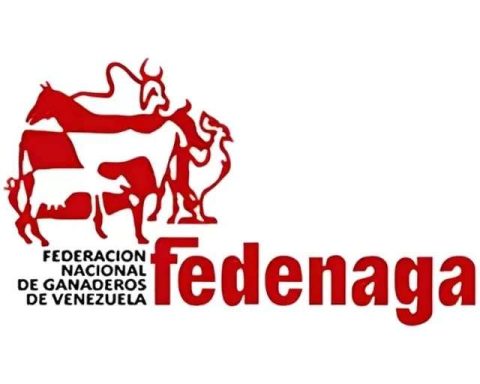The World Health Organization (WHO) activated its highest level of alert on Saturday to try to contain the outbreak of monkeypox, which has affected almost 17,000 people in 74 countries, announced its director general.
“I have decided to declare a public health emergency of international scope,” Tedros Adhanom Ghebreyesus said at a press conference, stating that the risk in the world is relatively moderate, except in Europe, where it is high.
Tedros explained that the expert committee had been unable to reach a consensus and remained divided on the need for the highest alert level. Ultimately, the decision rests with the CEO.
“It is a call to action, but it is not the first,” said Mike Ryan, head of emergencies at the WHO, who hopes the alert will allow collective action against the disease.
Warning against discrimination
Since the beginning of May, an unusual increase in cases has been detected outside the countries of Central and West Africa where the virus is endemic, spreading throughout the world, with a high number of infections in Europe.
Monkeypox – which was first detected in humans in 1970 – is less dangerous and contagious than its cousin smallpox, eradicated in 1980.
In most cases, the patients are relatively young men who have sex with other men and usually live in cities, the WHO said.
According to a study of New England Journal of Medicine carried out on 528 people in 16 countries – the largest to date – 95% of cases were infected through sexual intercourse.
“This form of transmission represents both an opportunity for targeted public health interventions and a challenge, as affected communities in some countries face life-threatening forms of discrimination,” Tedros said.
The WHO chief also stressed that “there is real concern that men who have sex with men may be stigmatized or blamed for the outbreak, making it more difficult to track and contain” the outbreak. cases.
In this sense, Lauwrence Gostin, an American expert in public health law and director of the WHO Center for Health Law, had indicated on Friday on Twitter that if the reason for not declaring a maximum alert “is due to the fact that that it is restricted to the community of men who have sex with men, this is wrong and it is scandalous”.
Vaccination
On Friday, the European Medicines Agency (EMA) recommended extending the use of a smallpox vaccine to combat the spread of monkeypox, which is already used in several countries.
In 2013, the European Union approved the Imvanex vaccine, from the Danish company Bavarian Nordic, to prevent smallpox. Its use is now extended due to its similarity to the monkeypox virus.
The WHO recommends vaccinating people most at risk, as well as health workers who may be exposed to the disease.









